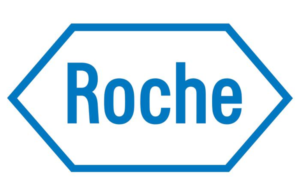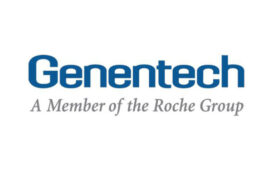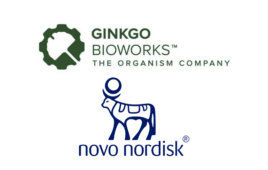 Swiss pharma giant Roche had a limited presence in metabolic disease, but the firm has agreed to take over obesity drug developer Carmot Therapeutics for $2.7 billion, rivaling the dominance of next-gen obesity drug developers Novo Nordisk and Eli Lilly.
Swiss pharma giant Roche had a limited presence in metabolic disease, but the firm has agreed to take over obesity drug developer Carmot Therapeutics for $2.7 billion, rivaling the dominance of next-gen obesity drug developers Novo Nordisk and Eli Lilly.
Carmot had been a rising star in biotech, attracting significant funding, including a $150 million Series E financing round in May 2023. The startup, having raised almost $385 million in total funding, had even flirted with an initial public offering (IPO) under the ticker CRMO., a rarity in the current climate.
CT-388 a valuable asset
Carmot’s lead asset is CT-388, a once-weekly injectable dual GLP-1/GIP receptor agonist for obesity, which has shown upbeat weight loss results in a phase 1b study. In the study, participants experienced more than 8% weight loss at 4 weeks. The drug candidate also appeared to be well-tolerated. In the study, The therapy demonstrated substantial weight loss compared to other incretin-based competitors, with the potential for a best-in-class profile.
Carmot also has an oral GLP-1 receptor agonist CT-996 in phase 1 and a GLP-1/GIP agonist CT-868 for type 1 diabetes and obesity in phase 2.
Mega-blockbuster potential
GLP-1 receptor agonists have become central to treating obesity and diabetes in recent years, with demand for mega blockbusters in the class such as semaglutide and tirzepatide sometimes outstripping supply. Roche is betting big that Carmot’s assets, especially CT-388, could enable it to carve a significant slice of the obesity market and potentially expanding into treating other metabolic diseases down the line.
In November, Carmot Therapeutics announced that it had begun a phase 2 clinical trial evaluating a similar candidate, a novel dual GLP-1/GIP receptor agonist known as CT-868, for type 1 diabetes (T1D) in people with overweight or obesity. The 16-week randomized, placebo-controlled trial will assess the efficacy and safety of once-daily CT-868 injections as an adjunctive therapy to insulin in approximately 95 adult participants across sites in the U.S>. The primary endpoint is the percent change in HbA1c from baseline to week 16. Participants will continue their standard insulin therapy and use continuous glucose monitoring throughout the trial. Carmot previously reported positive phase 2 results for CT-868 in type 2 diabetes, with a placebo-adjusted HbA1c reduction of 2.31% at 26 weeks. The company believes CT-868 has potential as an adjunctive treatment option for T1D based on the phase 2 data and earlier mechanistic studies. A phase 1b trial comparing CT-868 to Novo Nordisk’s liraglutide is also underway focused on effects on glucose homeostasis in T1D.





Tell Us What You Think!